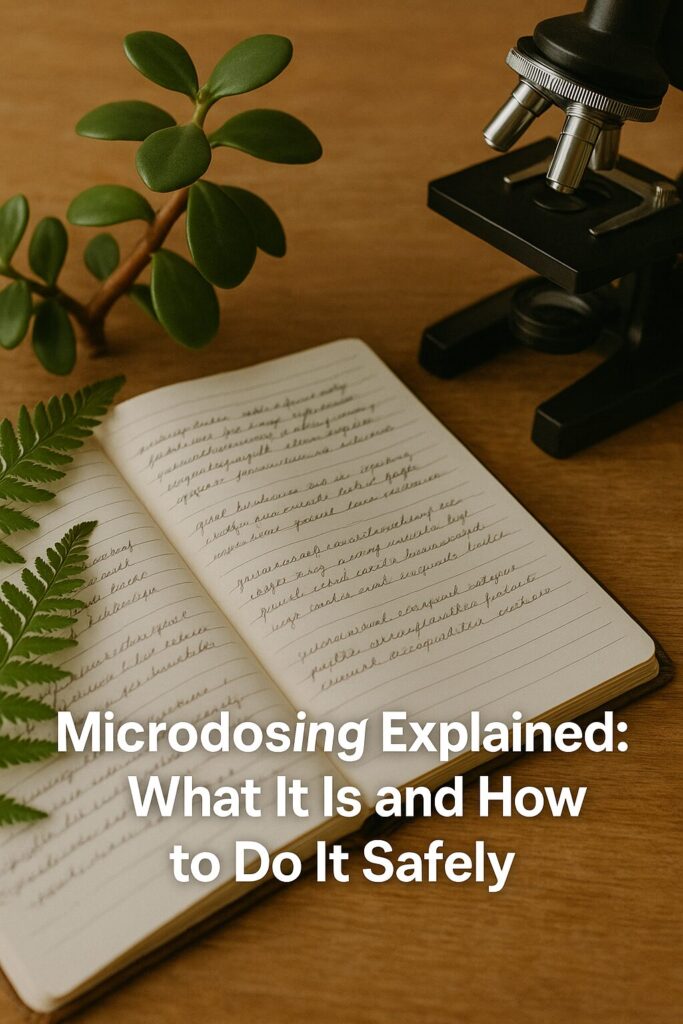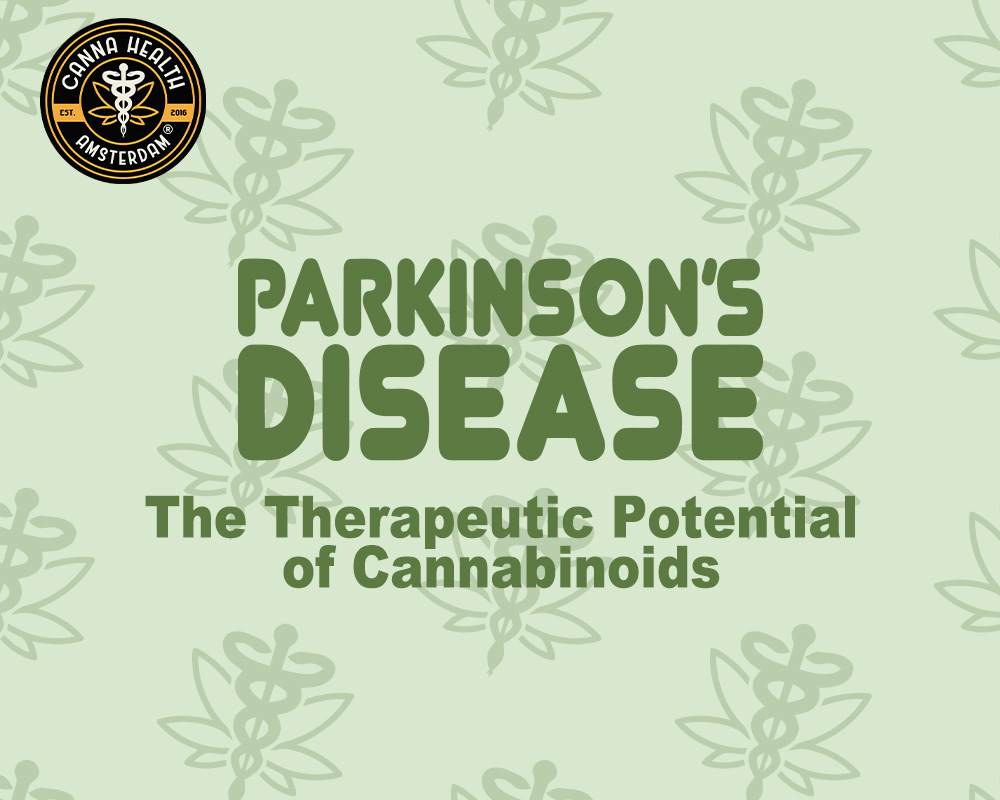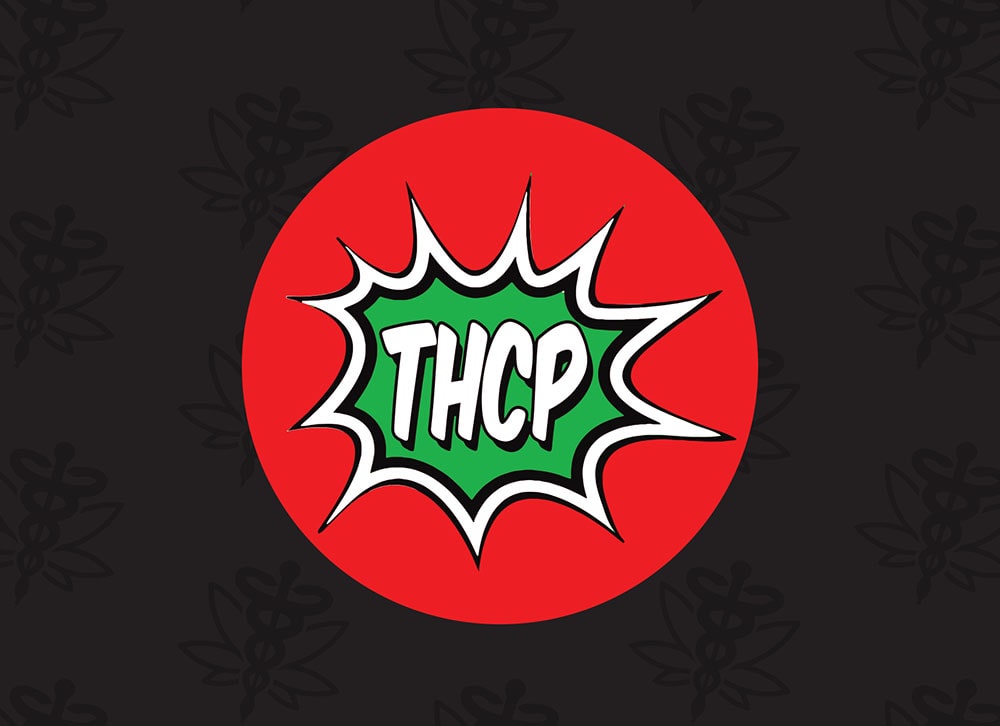
Blog
Can Taking CBD for Dementia Help?

Did you know that cannabis may be good for your brain and dementia? CBD has some neuroprotective qualities that may help protect the brain.
Researchers have been studying the therapeutic effects of cannabidiol (CBD) for years. Recently, there has been a lot of exciting information coming from those studies. We’re learning more and more about how CBD may help protect the brain and potentially keep certain diseases at bay. Taking CBD for the symptoms of dementia may be a good option to consider.
While we need more information before this can be guaranteed, the results look promising. Keep reading to learn all about how CBD’s neuroprotective abilities may help dementia patients.
What is dementia?
Dementia is a general term that describes the loss of memory, problem-solving, language, and other thinking abilities that interfere with daily life. It’s the loss of cognitive functions like thinking, remembering, and reasoning.
Dementia is not a disease itself. It’s a term (like “heart disease”) that covers a range of specific medical conditions. For example, Alzheimer’s disease is a specific medical condition that falls under the term “dementia.”
What causes dementia?
Abnormal brain changes cause dementia. Those changes trigger a decline in cognitive abilities (thinking skills) that are severe enough to impair daily life and independence.
Alzheimer’s disease is the most common cause of dementia. It accounts for between 60 – 80% of cases.
The causes of Alzheimer’s and other types of dementia vary depending on the types of brain changes taking place. Also, many underlying causes are unknown.
Dementia develops when there is a significant loss in neurons and brain functioning. This loss is irreversible; unfortunately, there is no cure for these diseases.
What are the signs and symptoms of dementia?
Symptoms of dementia will begin once the healthy neurons in the brain stop working. Once the neurons lose connection with other brain cells and die, cognitive abilities are impaired. Although it’s normal to lose some neurons as you age, people with dementia experience a much more significant loss.
A few symptoms of dementia may include the following:
- Experiencing memory loss and confusion
- Poor judgment and decision-making skills
- Losing balance and coordination
- Difficulty talking and expressing thoughts
- Difficulty with reading and writing
- Difficulty handling money and paying bills
- Taking longer than usual to complete daily tasks
- Losing interest in hobbies and activities
- Hallucinating or experiencing paranoia
- Acting impulsively
- Experiencing changes in personality and mood
These changes can happen slowly over time, or they may pop up almost overnight. Also, note that some of these symptoms may be associated with other diseases or issues.
If you notice these signs in yourself or a loved one, it’s essential to speak with a health care provider.
Types of dementia
There are a few different forms of dementia. The five most common include:
- Alzheimer’s disease
- Frontotemporal dementia
- Lewy body dementia
- Vascular dementia
- Mixed dementia
Other conditions that may cause some dementia-like symptoms can be treated and reversed. For example, normal pressure hydrocephalus (a build-up of fluid in the brain) can cause dementia symptoms but often resolves with treatment.
Also, other medical conditions like stress, depression, and anxiety can cause memory problems. Certain medications can cause memory issues that resemble dementia as well.
Taking CBD for Dementia Symptoms
In addition to helping promote brain health, CBD may also help manage some of the symptoms of dementia. Some studies suggest that cannabis may help alleviate some of the behavioral symptoms of dementia – like aggression and agitation.
A few clinical trials have researched the effects of cannabinoids on the behavioral symptoms of dementia. The results were promising. However, the studies were small, so it’s been difficult to come to a conclusion. Thankfully, more studies are being done so we will hopefully have more information soon.
A few of the symptoms of dementia include the following:
- Depression
- Anxiety
- Agitation
- Difficulty completing tasks
- Confusion
- Memory loss
CBD may help manage a few of those symptoms. Most notably, CBD may help manage depression. Plus, it may decrease anxiety and improve sleep.
Anyone dealing with the uncomfortable symptoms of dementia likely wants relief. Although certain dementia medications may help, many people also seek natural remedies. Since CBD is an all-natural option with many potential benefits, it may be a good option to consider.
How CBD Helps the Brain
Now let’s jump into how CBD may be able to help.
And please remember, although some research shows that CBD may help the brain, it is not an FDA-approved treatment. There is no evidence that CBD can prevent or treat any form of dementia. We need more research before making any medical claims.
Here are a few of CBD’s benefits:
- CBD has antioxidant properties – these antioxidant properties may protect the brain, as shown in this study.
- CBD may prevent plaque development in the brain – in this study, CBD prevented the development of amyloid plaques in vitro. These findings show that it could be beneficial in the treatment of Alzheimer’s disease.
- CBD may reduce brain damage – this study found that CBD reduced brain damage after traumatic brain injuries by improving metabolic activity.
Ultimately, research has shown that CBD may protect the brain and help it recover from damage. CBD’s neuroprotective qualities are exciting to learn, but we need more research before we know the full story.
Even though there is still a lot we don’t know, research has shown that CBD has many potential therapeutic effects. It may reduce anxiety and depression and help with other symptoms of dementia as well. It may be a good option to consider if you are dealing with those symptoms.
Since CBD is a safe compound with very few side effects, many choose to add it to their daily regime. However, it’s important to speak with your health care provider before you start taking CBD. CBD can interact negatively with certain medications, so ask your doctor before you begin taking it.
Disclaimer: This blog is for informational and educational purposes only. We review and reference available studies and reputable sources; however, content may not reflect the most current research or regulations and should not be taken as medical, legal, or professional advice. We do not make or imply health claims. Products mentioned are not intended to diagnose, treat, cure, or prevent any disease and statements have not been evaluated by EFSA or the FDA. Effects can vary between individuals. Always consult a qualified healthcare professional before use and verify that any product or ingredient is lawful in your jurisdiction.















